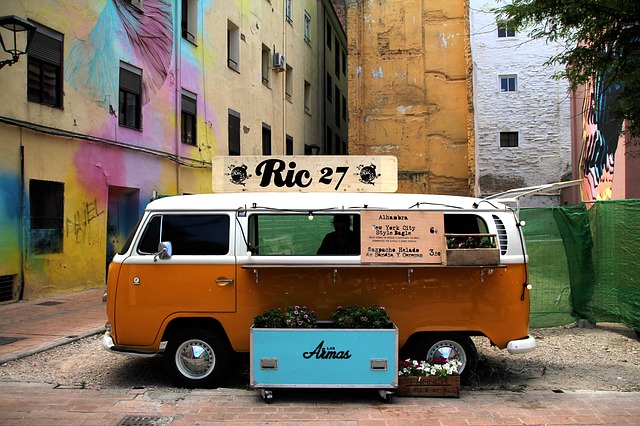According to the Centre for Disease Control, traveller’s diarrhoea affects between 30 and 70% of travellers – here’s what you need to do to stay well next time you go away!

image by Daniel70 CC0
What is food poisoning?
It is any food-borne illness caused by eating food or drink contaminated by bacteria, viruses and parasites, or their toxins. Contamination can happen at any point during food processing, production, or preparation.
How do foods get contaminated?
- Not chilling certain products below 5 degrees.
- Leaving cooked food sitting warm.
- Not properly reheating cooked food.
- Poor personal hygiene – dirty hands touching food.
- Poor food hygiene – cross contamination of bacteria.
- Washing food with contaminated water.
Which foods and drinks are high-risk?
- Cheese and ice-cream as they can be made from unpasteurised milk.
- Seafood can pose a problem even if well cooked.
- Salads are difficult to clean so often remain contaminated by soil or flies.
- Fruit and vegetable skins can also be contaminated by soil and flies – make sure they are peeled.
- Raw meat, poultry, or eggs.
- “Ready-to-eat” foods, such as cooked sliced meats, pâté, soft cheeses and pre-packed sandwiches.
- Buffets – food at room temperature that may be repeatedly heated up is high risk – this includes sauces.
- Any food that may have been washed in contaminated water.
- Ice cubes – these can be made from contaminated water.
What should I eat and drink?
- Fruit and vegetables that can be peeled.
- Bottled water.
- Freshly cooked hot food.
What other precautions can I take?
- Wash your hands – you are capable of contaminating your own food!
- Boil water for three minutes.
- Brush your teeth with bottled water.
- Always check the water of juice you are being served is from a sealed container – ask to open it yourself.
- Wipe down cans and bottles before you drink from them.
- Skip the ice in your drink.
- Keep your mouth closed in the shower.
What are the symptoms of food poisoning?
Nausea, vomiting, diarrhoea, stomach cramps, and fever. These can manifest within hours of eating contaminated food, but you may not get all of them.
When should I seek medical help for food poisoning?
The NHS website says that most people recover from food poisoning within a couple of days as long as they drink plenty of (uncontaminated) water – even if you can only sip it. The main risk from food poisoning is dehydration – which can lead to severe illness, and could even be fatal. Seek help if:
- Symptoms are severe.
- If you’re unable to keep down any fluids.
- Your symptoms don’t start to improve after a few days.
- You have symptoms of severe dehydration.
- You’re pregnant.
- You’re over 60.
- A baby or young child has suspected food poisoning.
- You have a long-term underlying condition.
- You have a weak immune system.
Can my travel insurance help if I have severe food poisoning?
Getting medical help abroad can be costly, especially if you need to stay in hospital for a few days. A comprehensive travel insurance policy can help recover the cost of medical expenses overseas, and may even enable you to recover lost holiday investment if your trip is cut short. For more advice call our travel insurance advisors on 01892 833338
